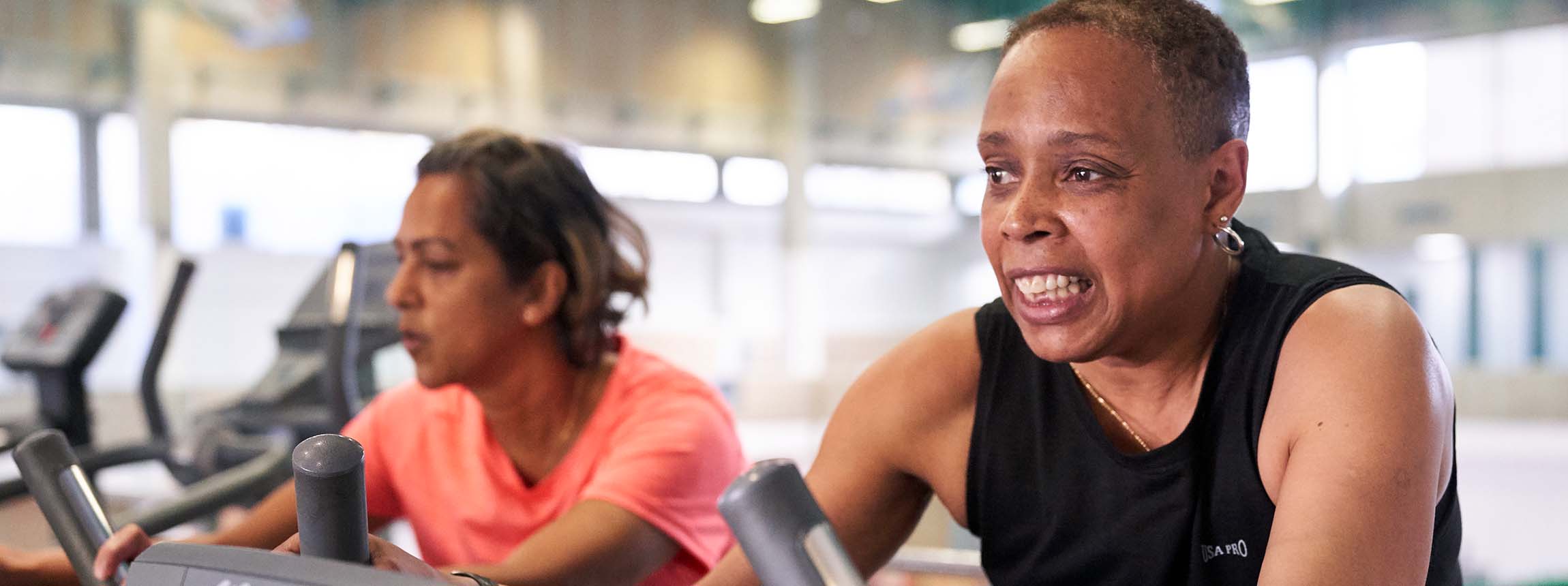Data from Sport England’s Moving Communities platform has shown that the social value generated by activity undertaken in leisure centres in the UK is on the rise, with close to a £170 million increase over the last 12 months.
Based on a sample size of 771 sites across the UK, leisure centres are contributing more than £945 million in social value, compared to £778 million over the previous 12 months.
Moving Communities is a Sport England driven initiative delivered by 4GLOBAL and a group of consortium members; Leisure-Net, Right Directions, and Sheffield Hallam University. Together, Moving Communities provides the largest data set ever gathered reporting on local authority leisure centre performance.

Social value is measured across four major categories: physical and mental health, subjective wellbeing, individual development, and social and community development.
The numbers are growing across all four categories but subjective wellbeing – which is the value of higher wellbeing derived by participants from engaging in sport and physical activity – generates the most social value at £529 million.
“The growth in social value demonstrates that the public leisure sector is playing a vital role in improving the health of the nation,” said Steve Mann, Director at 4Global.
“Measuring social value not only empowers leisure operators and local authorities to showcase the impact of their investments in sport and physical activity, but it also uncovers the scale of their contributions.
While we have long recognised the important role of leisure in saving the nation millions in health and social care costs annually, we now have an accurate and benchmarked tool to show the extent of the sector’s impact.”
Data from Moving Communities showed that physical and mental health indicators are also on the rise with social value reaching £168 million in the last 12 months compared to £152 million in the previous 12 months.
This figure is calculated by estimating the number of reduced cases of health conditions like Type 2 diabetes, breast and colon cancer, hip fractures, back pain, dementia, and depression that result from physical activity, multiplied by the average annual cost of a person diagnosed by the condition. It also considers the reduction in GP visits and A&E attendances related to sports injuries.
“Shifting beyond conventional fitness facilities and pools, the leisure sector is transforming centred around an active well-being approach,” said Emma Bernstein, Strategic Project Lead for Sport England.
“This new direction can include an array of services, ranging from musculoskeletal hubs and pharmacies to vibrant community centres, all of which contribute to wider benefits for local communities each year.”
Social and community development contributed a total of £241 million over the last 12 months. This category measures the savings in the criminal justice system from reduced crime rates among young people, plus the increased social capital from enhanced social networks, trust and reciprocity.
Individual development is also an important indicator that looks at the improved educational attainment through sports participation.
This is calculated using lifetime productivity returns and higher starting salaries following graduation. Based on data from Moving Communities, individual development contributed approximately £6 million over the past 12 months.
“The Moving Communities social value calculator is an important development that takes national research and applies it to local public leisure facilities,” continued Emma.
“It provides a picture of how community sport and physical activity significantly contributes to the five outcomes identified in the government’s sports strategy, and encouragingly, our data is showing a positive trend: that social value is growing each year.”
For more information about Moving Communities, go to https://www.sportengland.org/research-and-data/data/moving-communities
